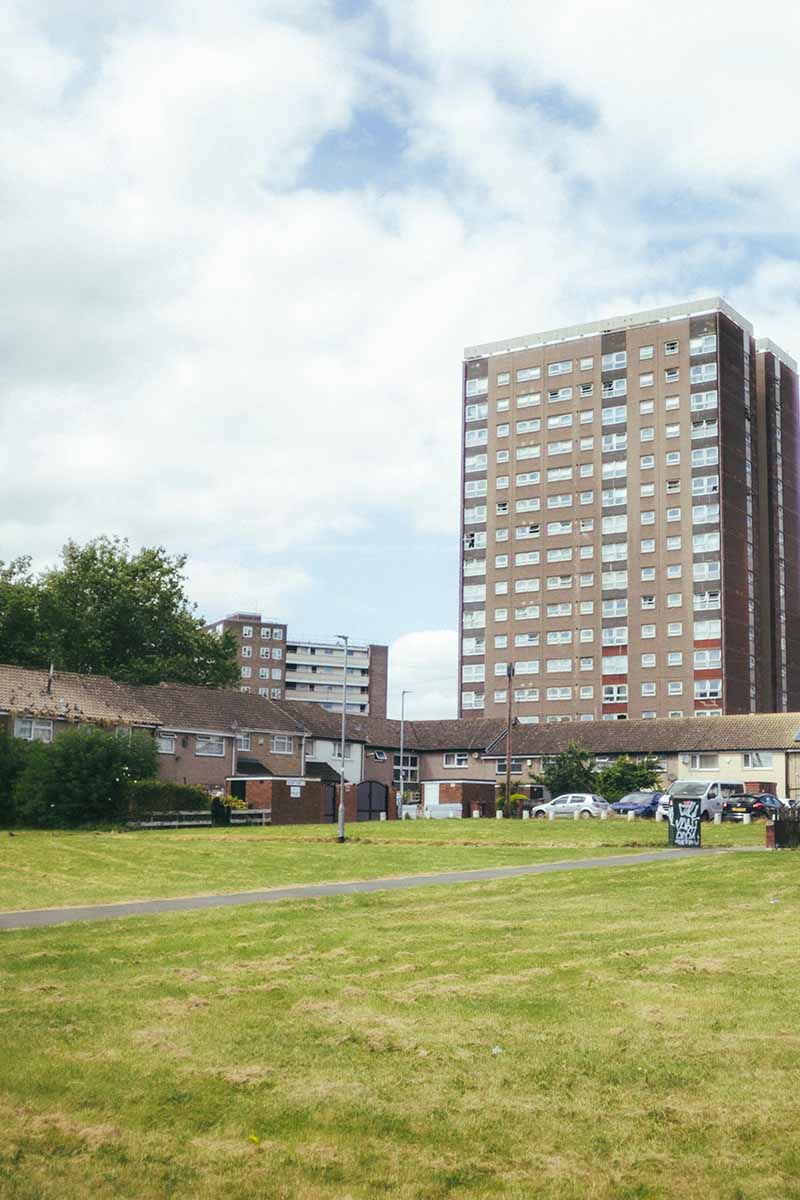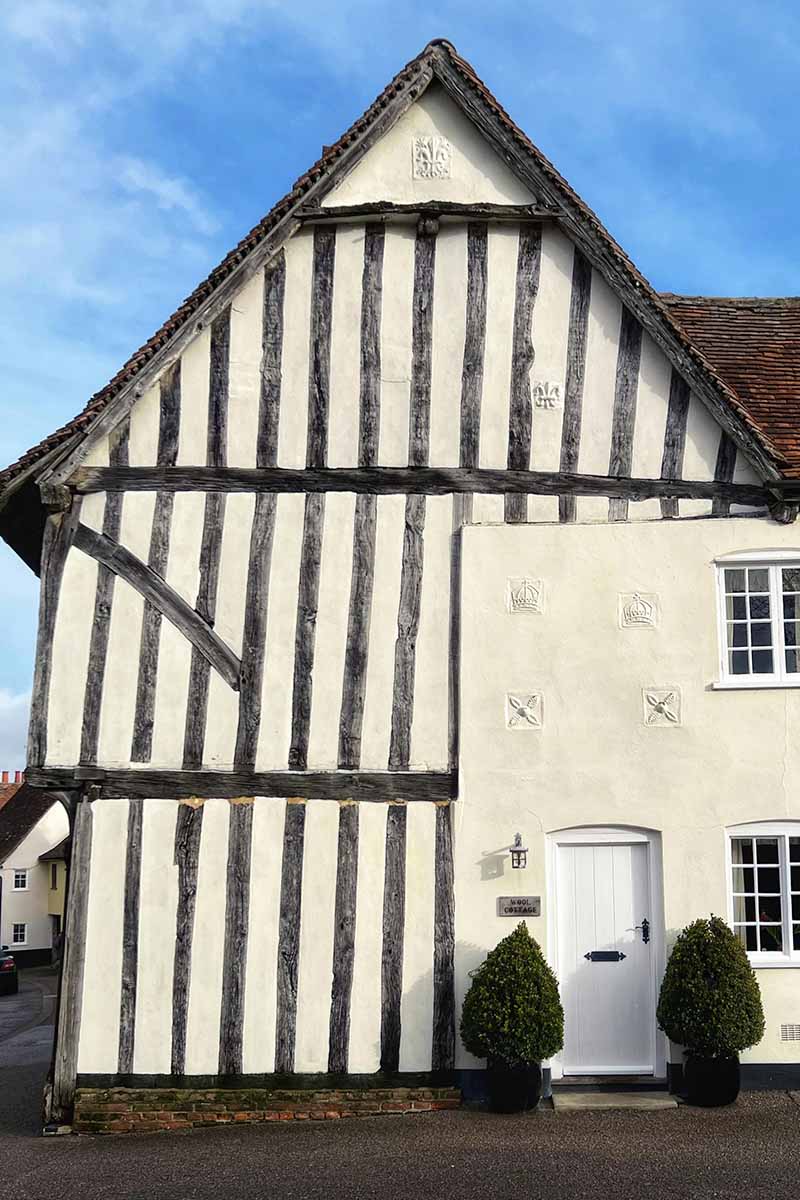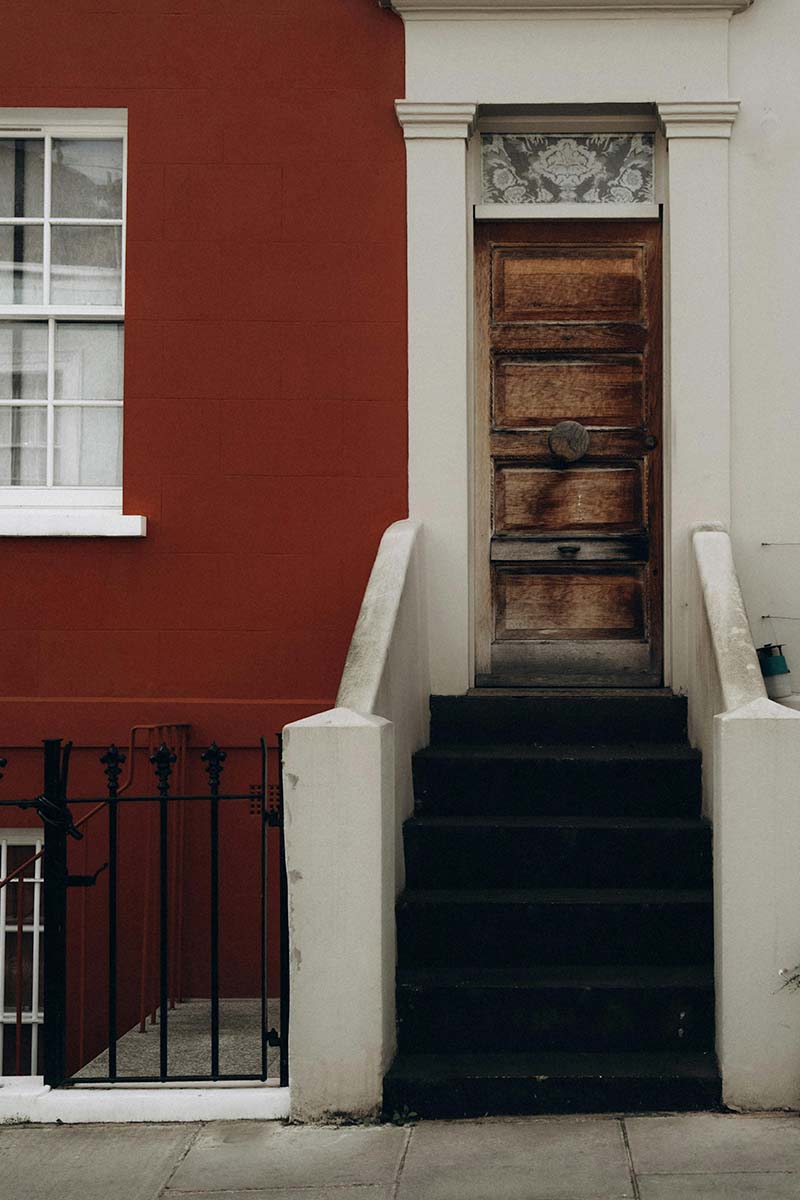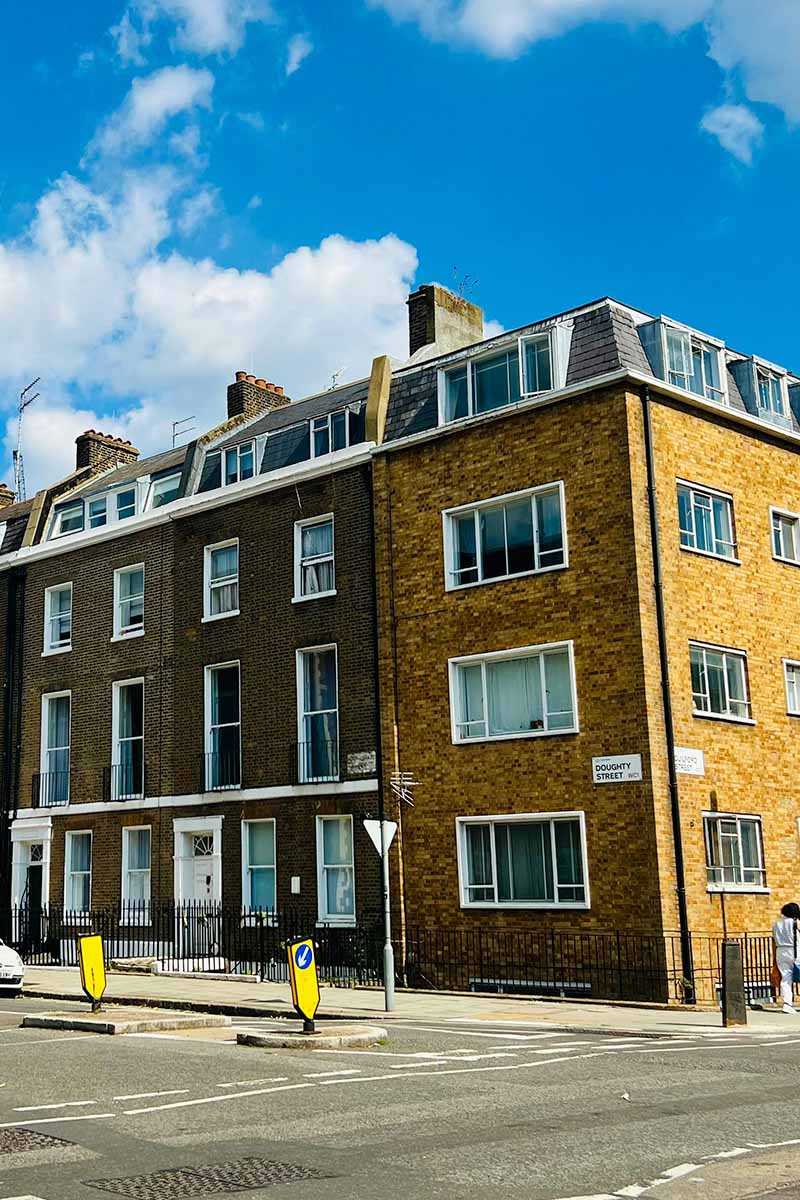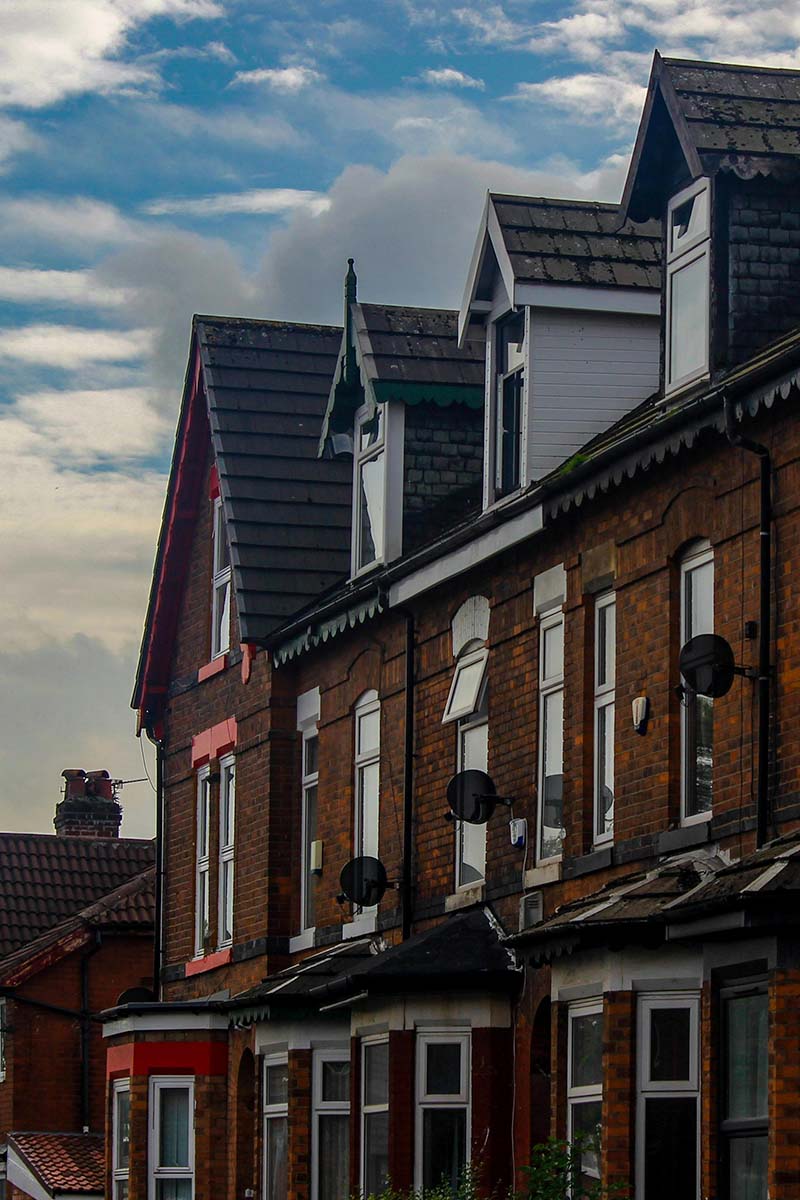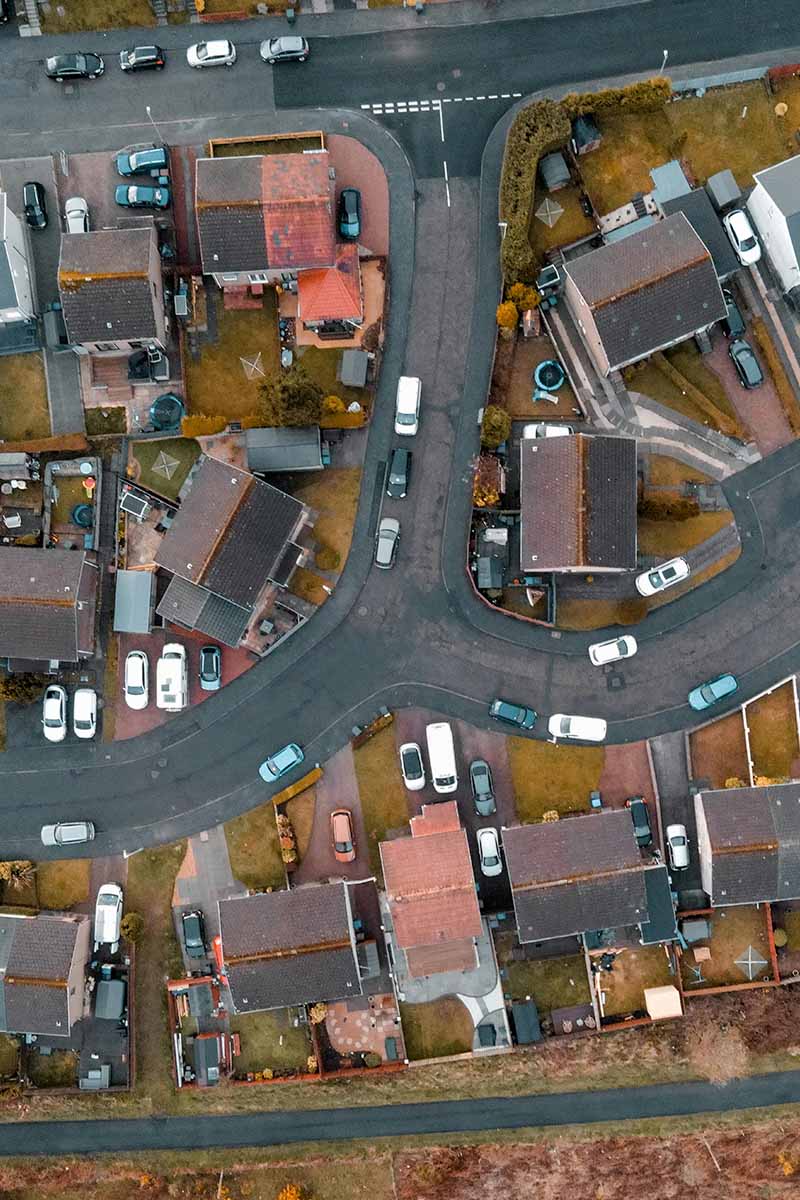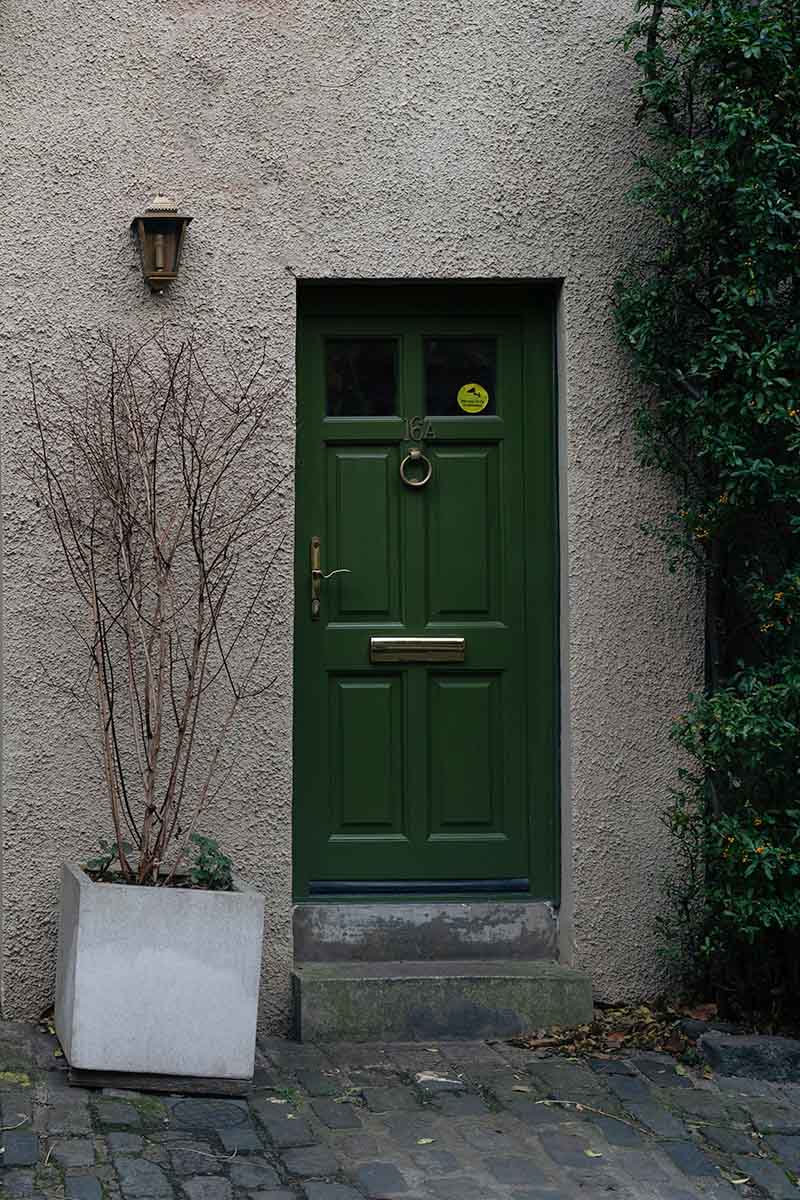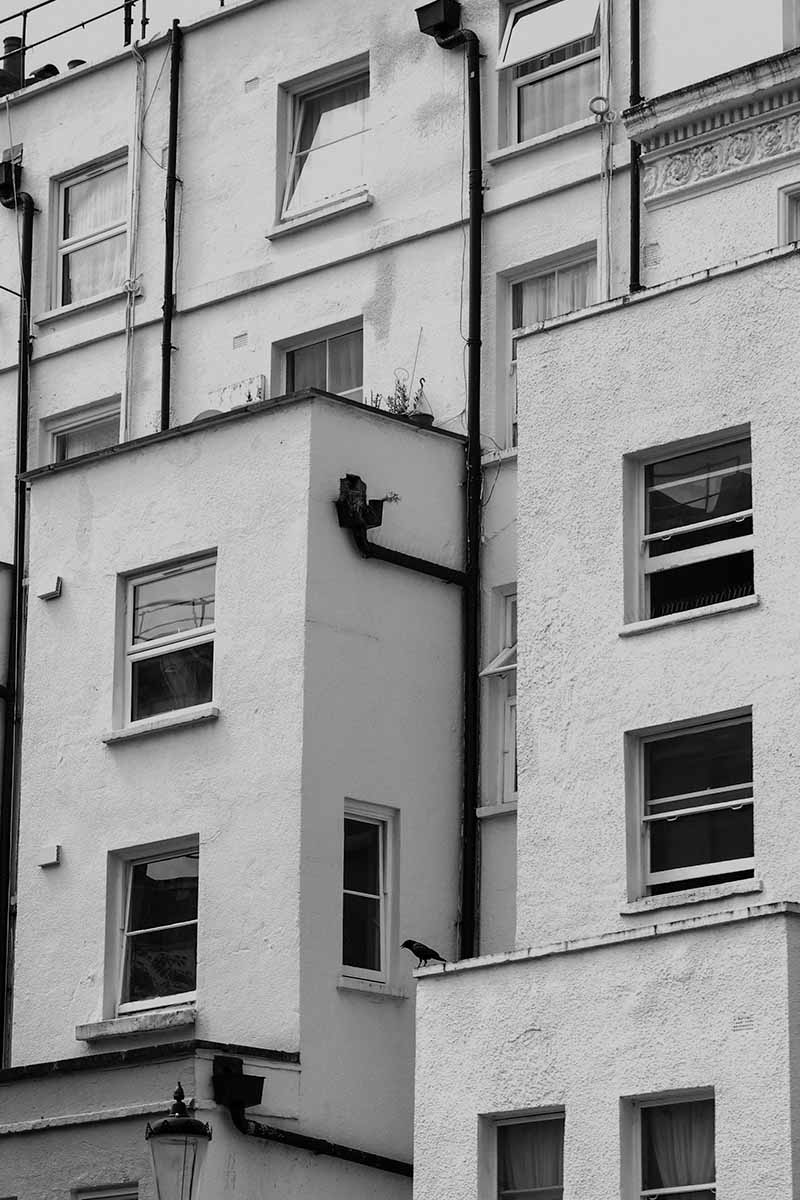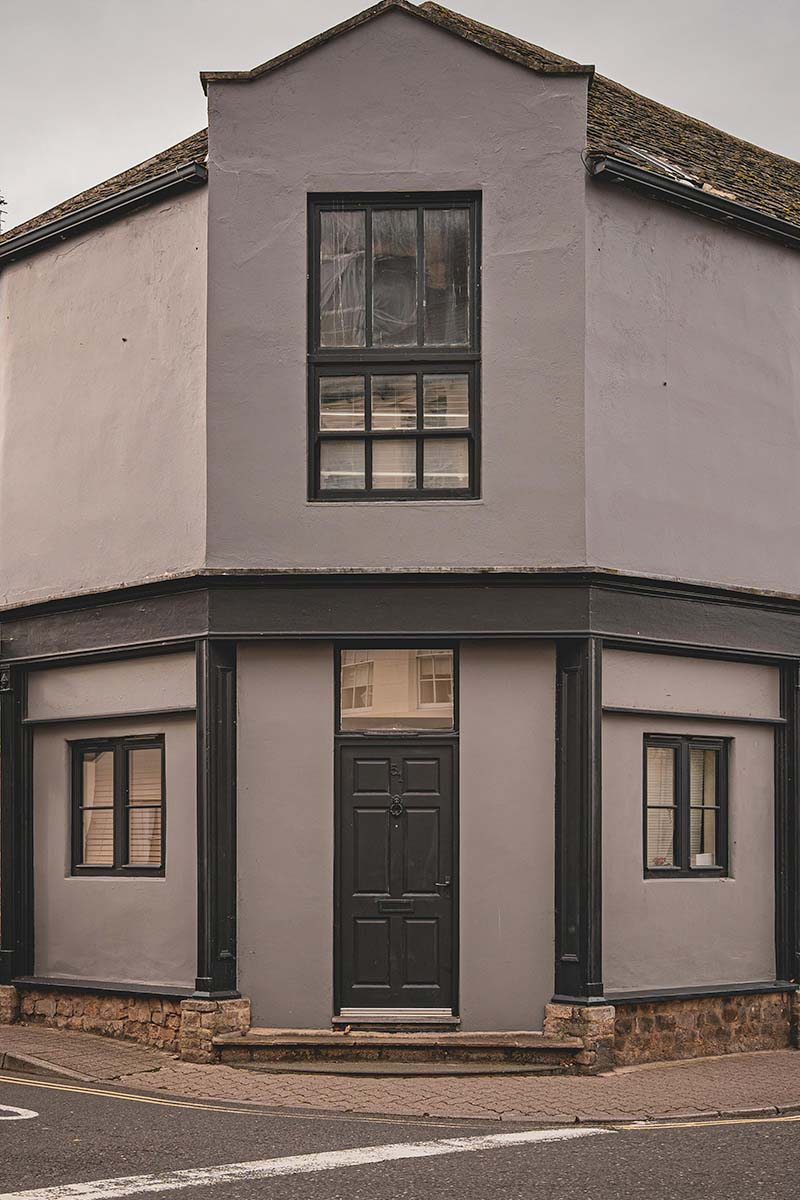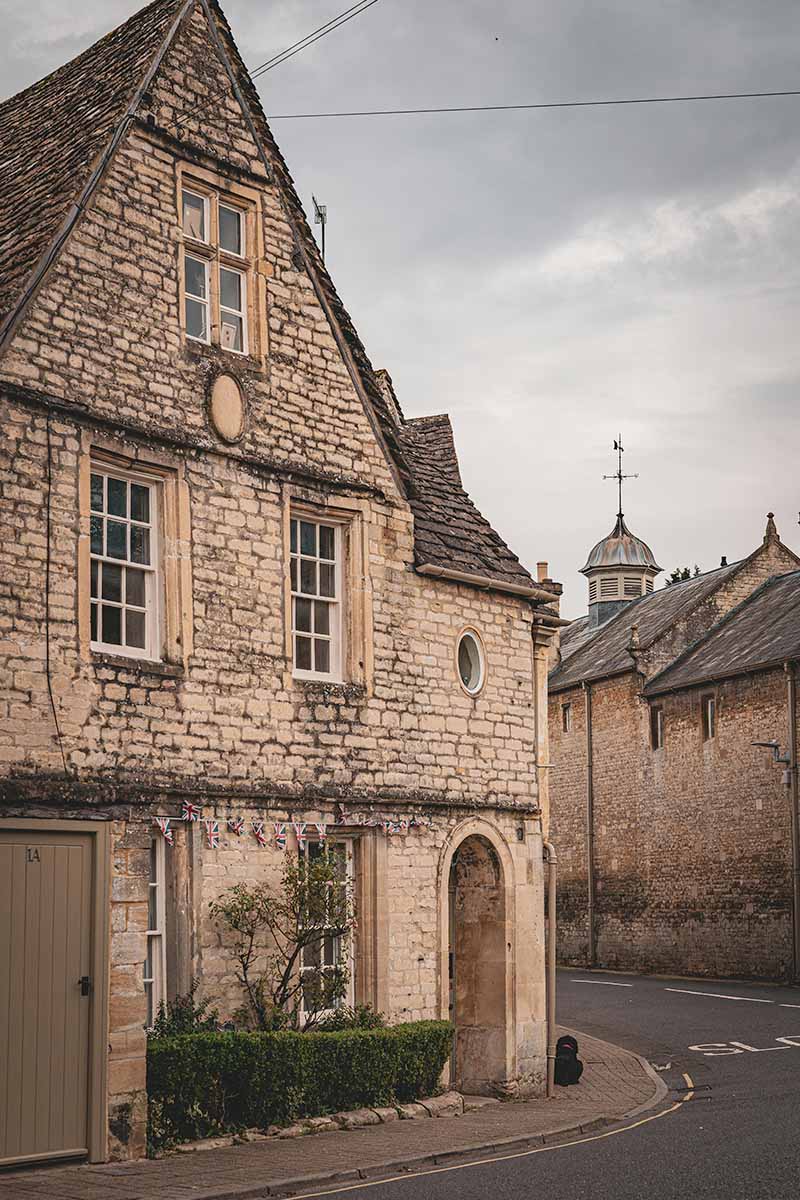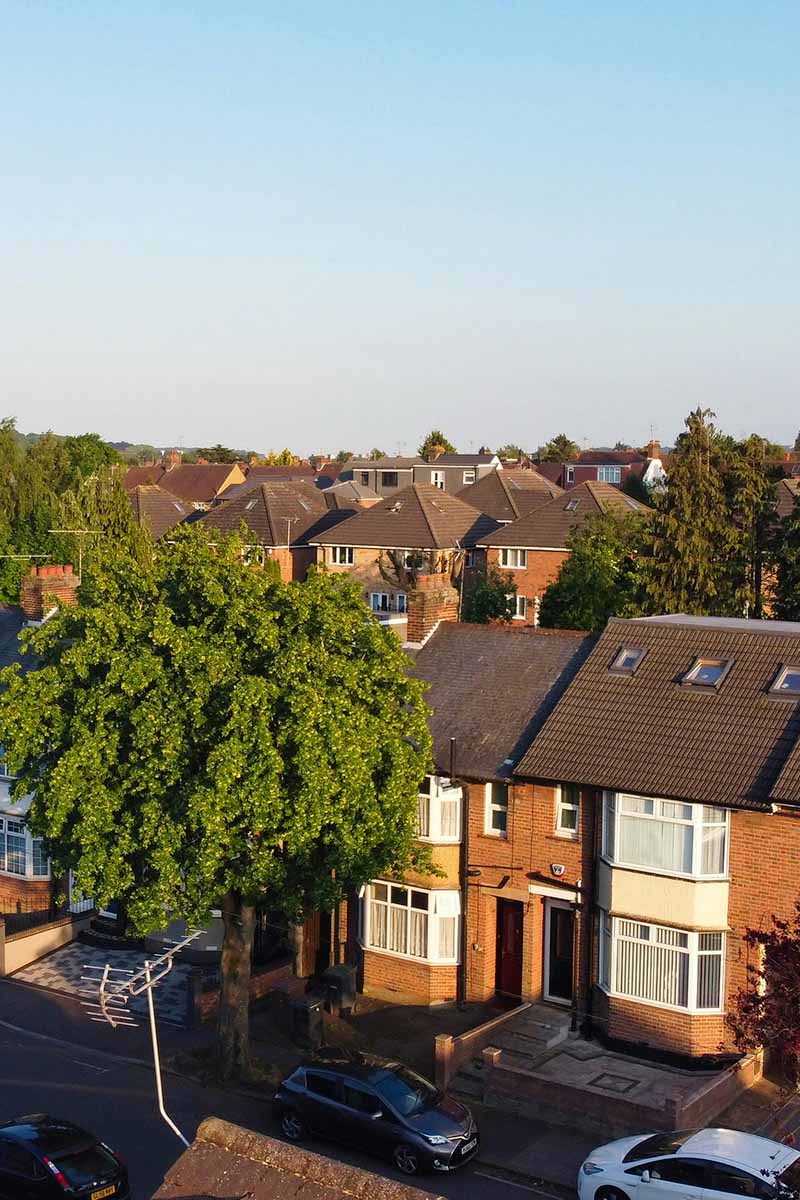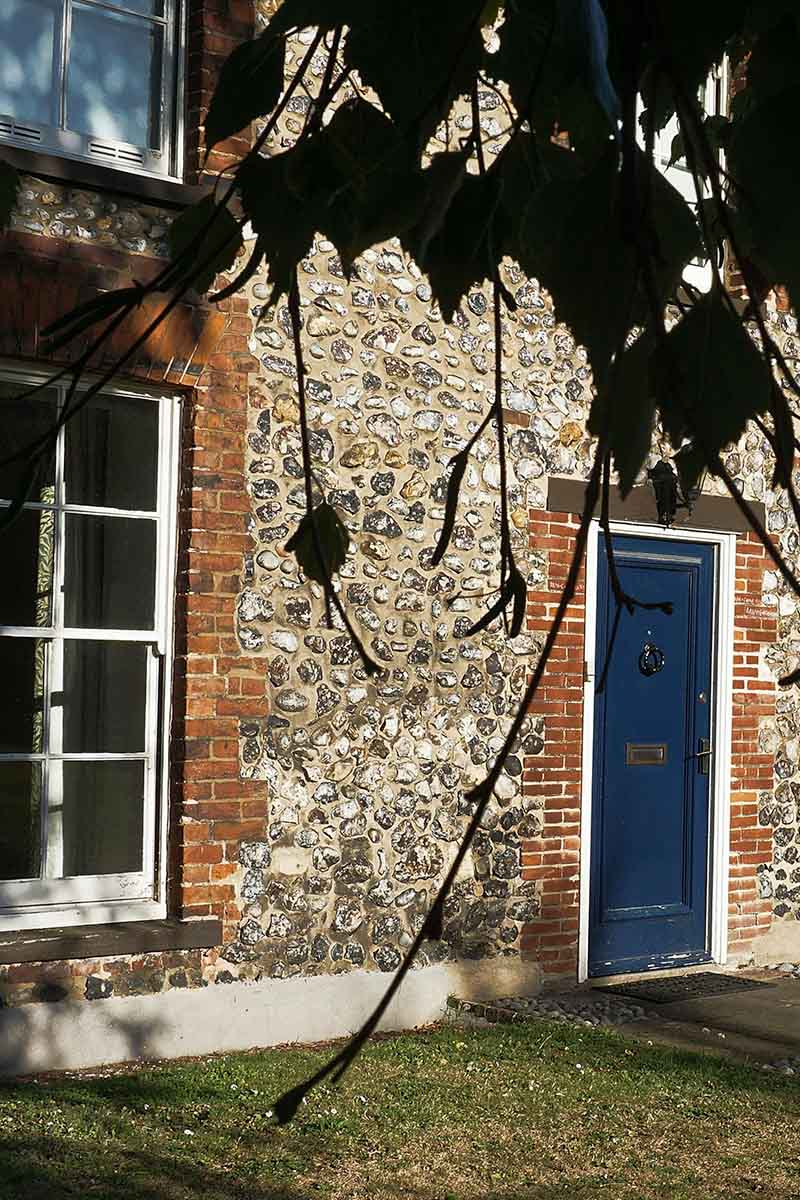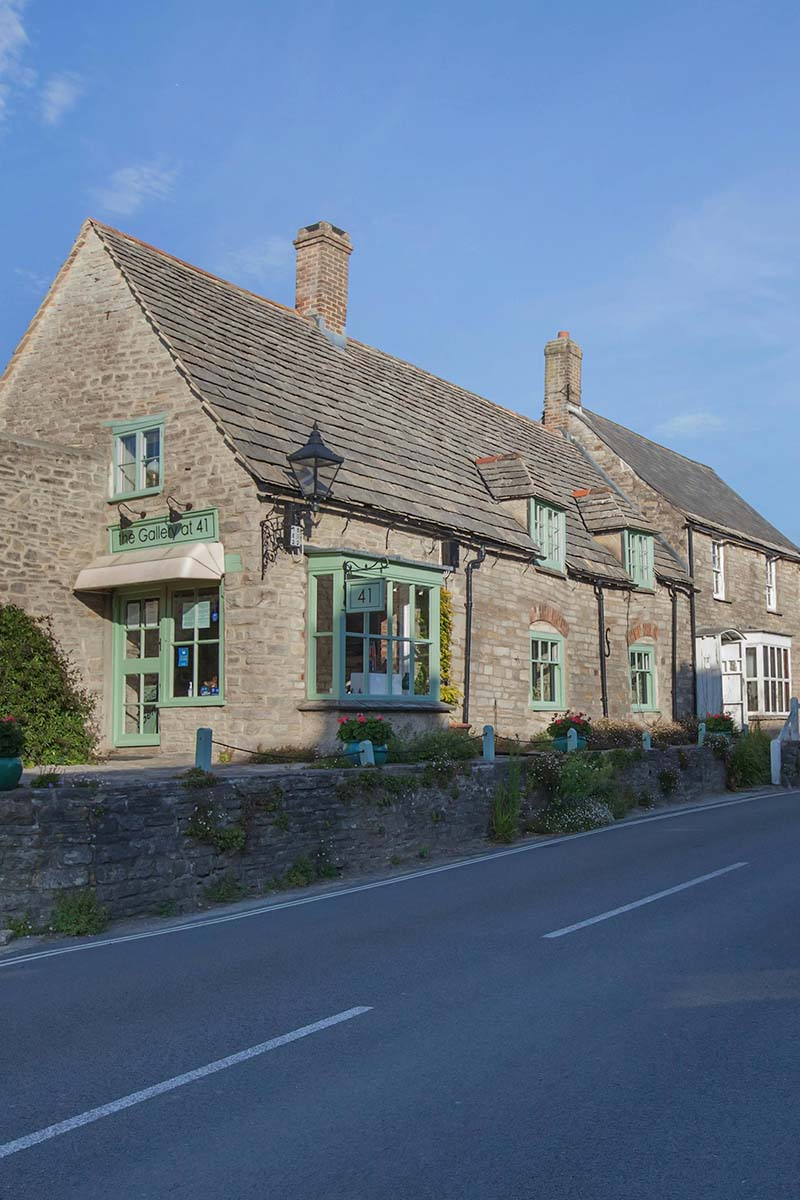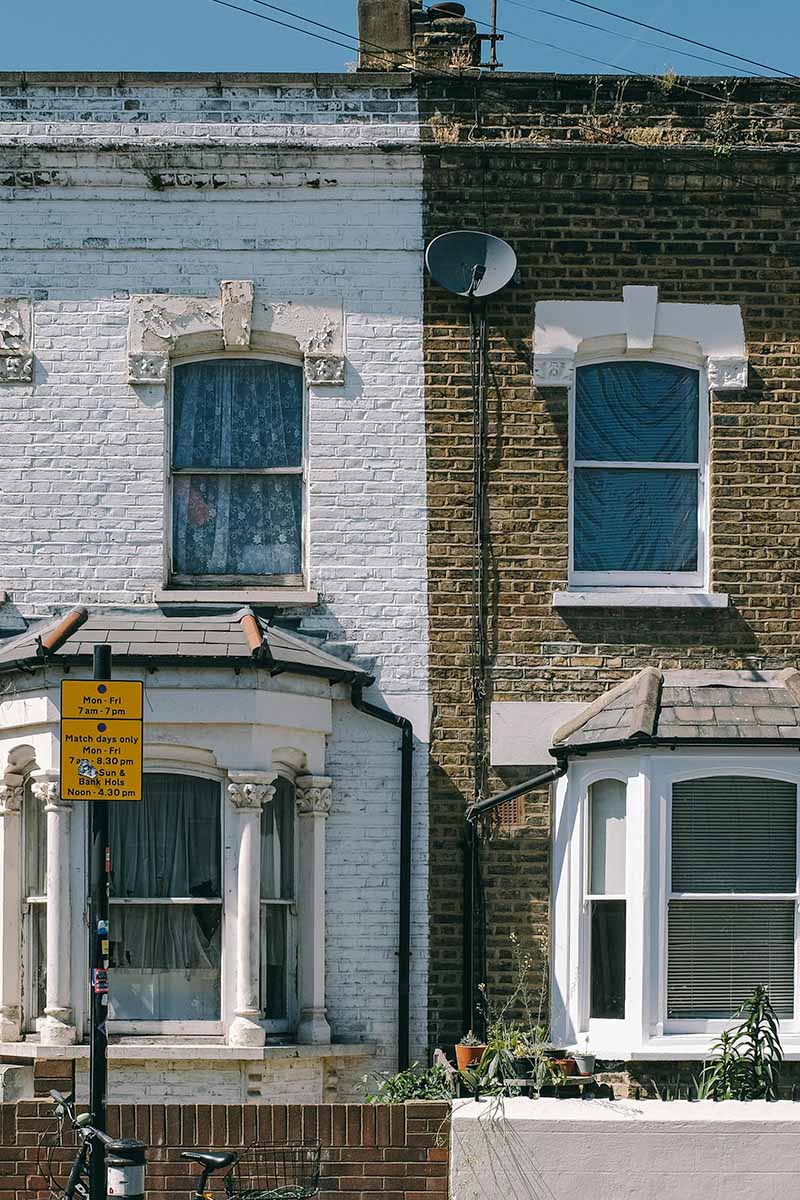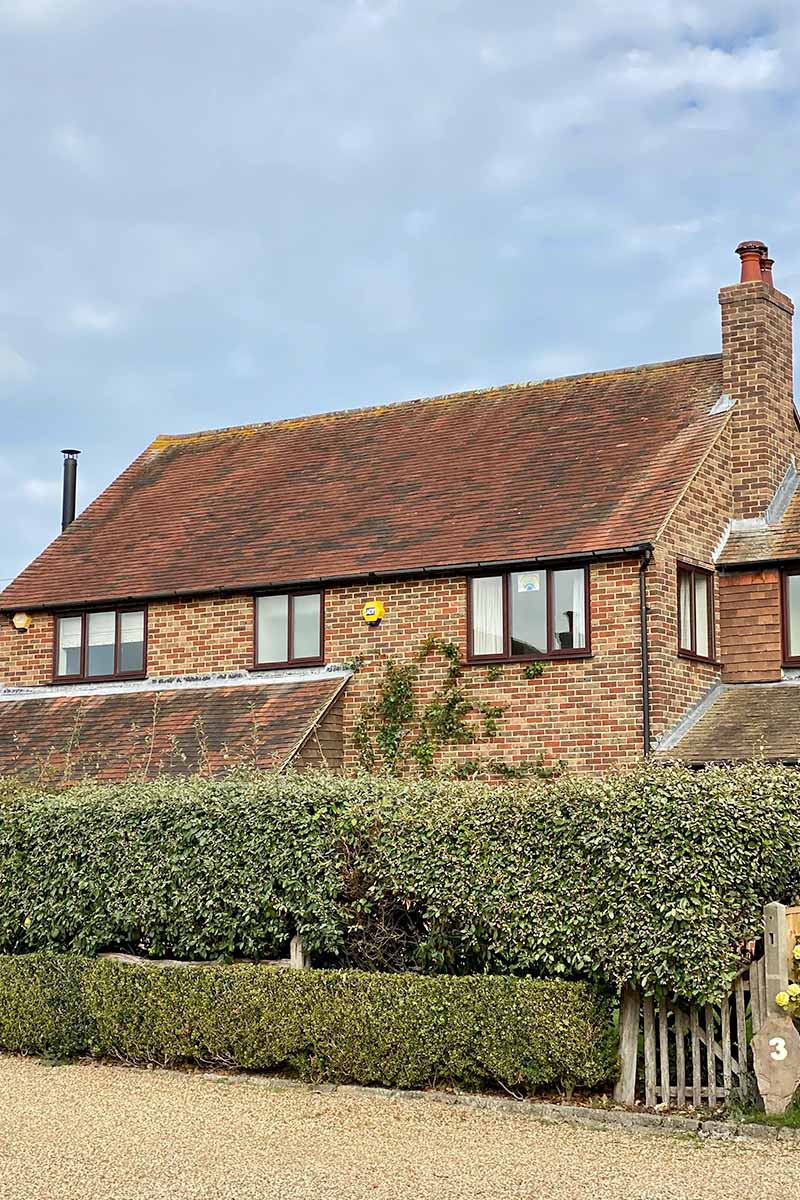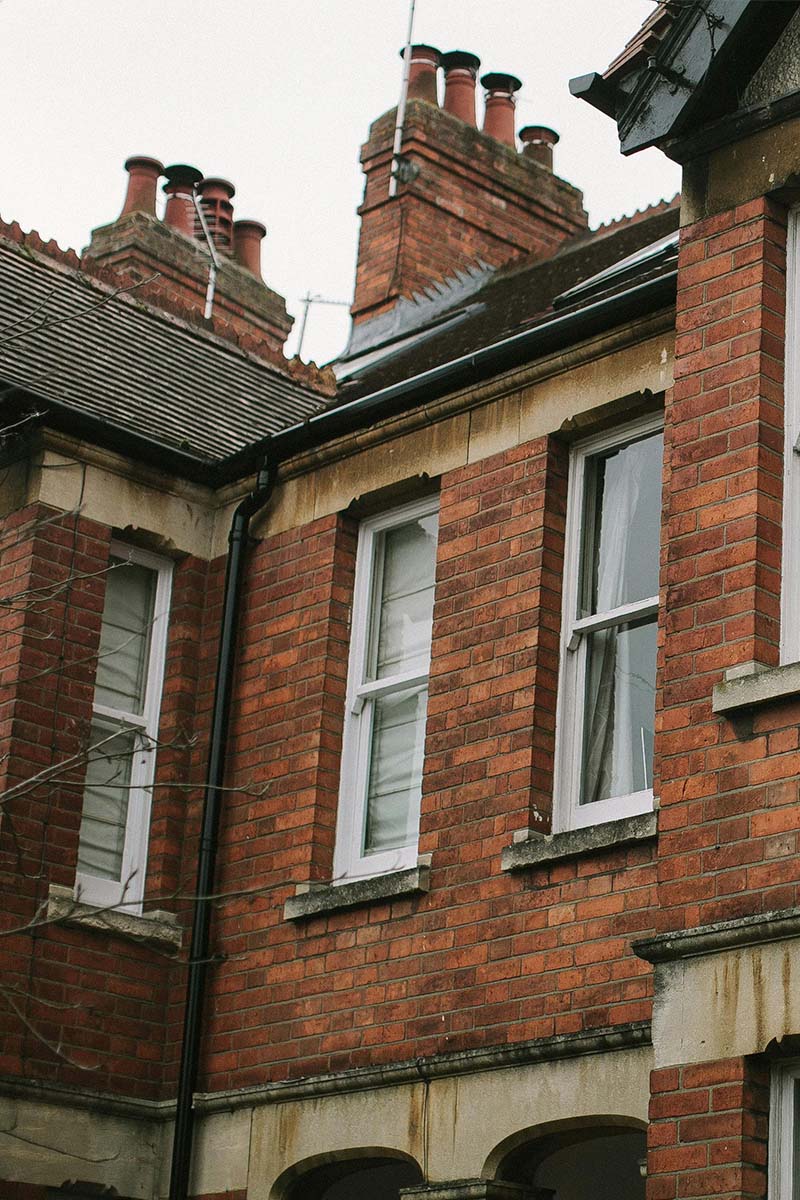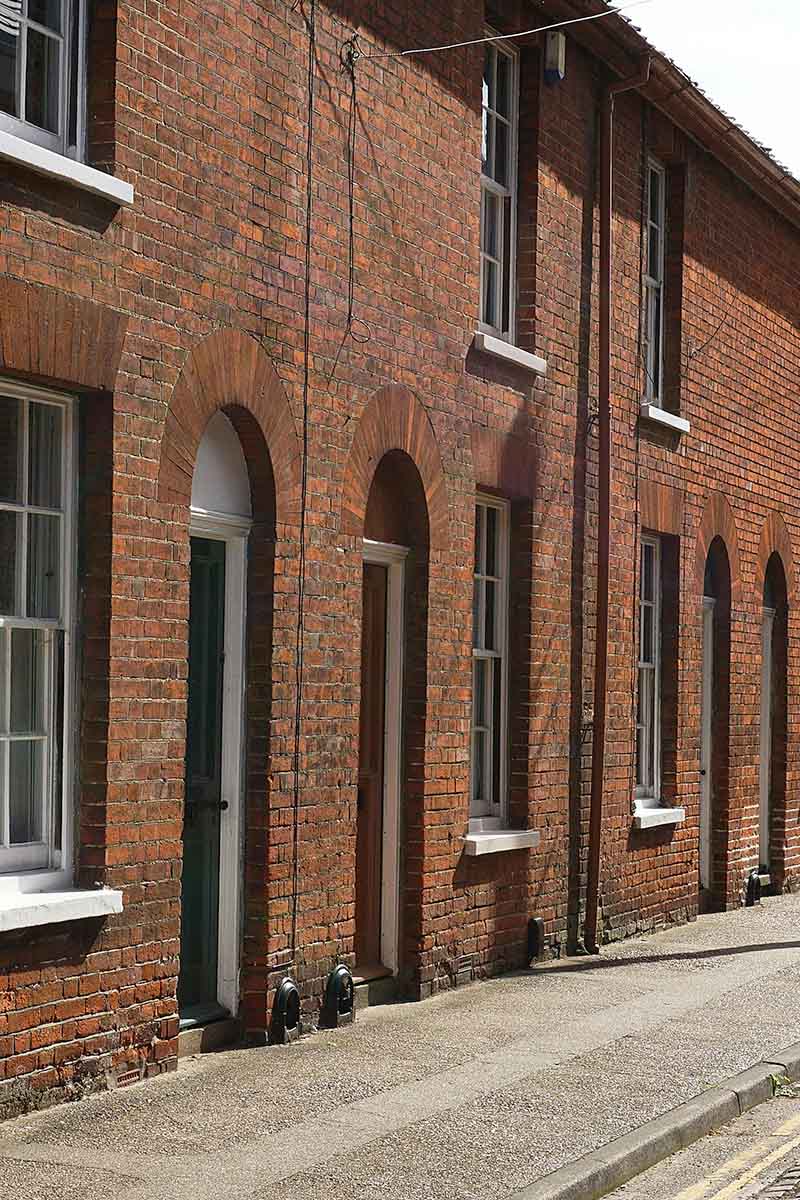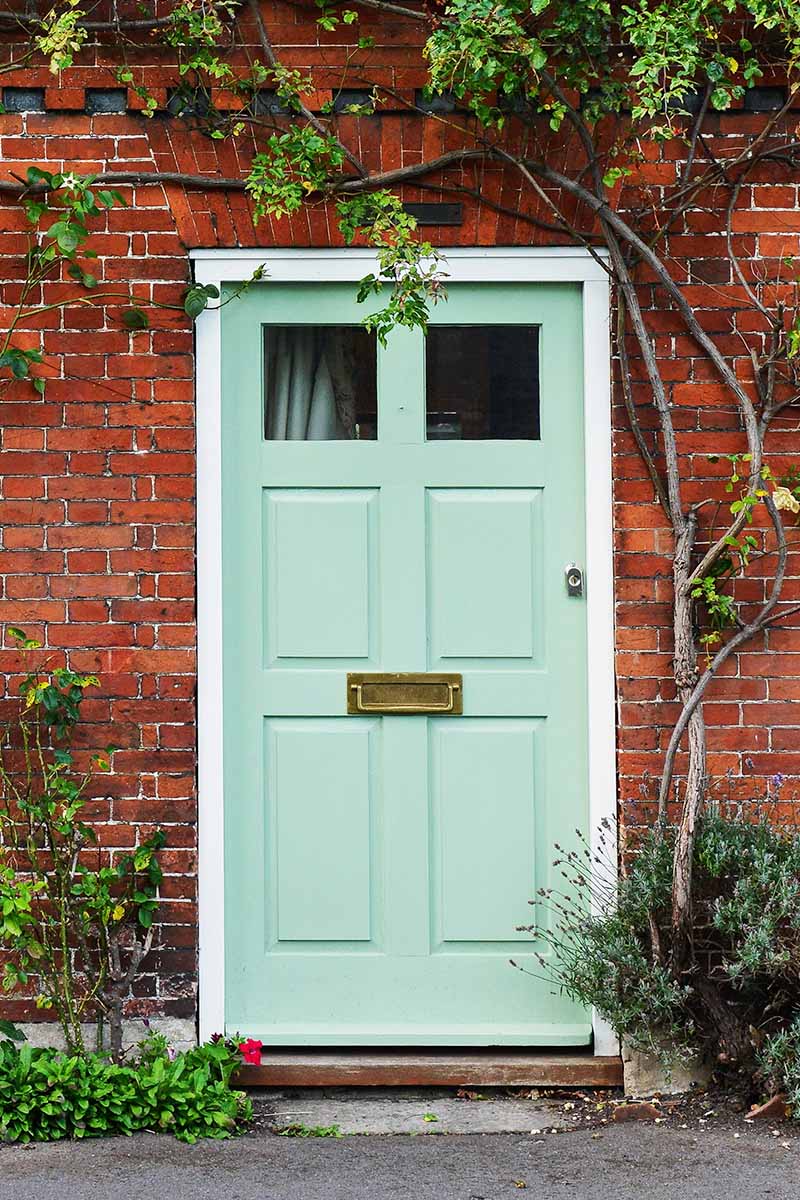What happens to the mortgage if your partner dies?
Losing a partner is devastating, and the last thing you want to think about is how the mortgage will be handled. But understanding the process can give you some clarity and help you plan the next steps. What happens to the mortgage after a death depends on how the property was owned, whether the mortgage was in joint or sole names, and whether protection such as life insurance was in place. This guide explains the different scenarios, what paperwork you’ll need, and how lenders typically deal with bereavement cases.
When a partner dies, the mortgage does not disappear. Responsibility for payments usually passes to the surviving owner or the deceased’s estate.
- Joint tenancy – the surviving partner automatically inherits the home and the mortgage responsibility.
- Tenants in common – the deceased’s share passes under their will or intestacy, and whoever inherits takes on responsibility for their share of the mortgage.
- Sole ownership – the mortgage must be repaid from the estate, often via sale of the property, unless the surviving partner can take over the loan.
- Life insurance or mortgage protection may clear the debt, but without it, payments must continue from income, savings, or by selling the property.
- Lenders expect payments to continue but may offer short-term support such as payment holidays while affairs are sorted out.
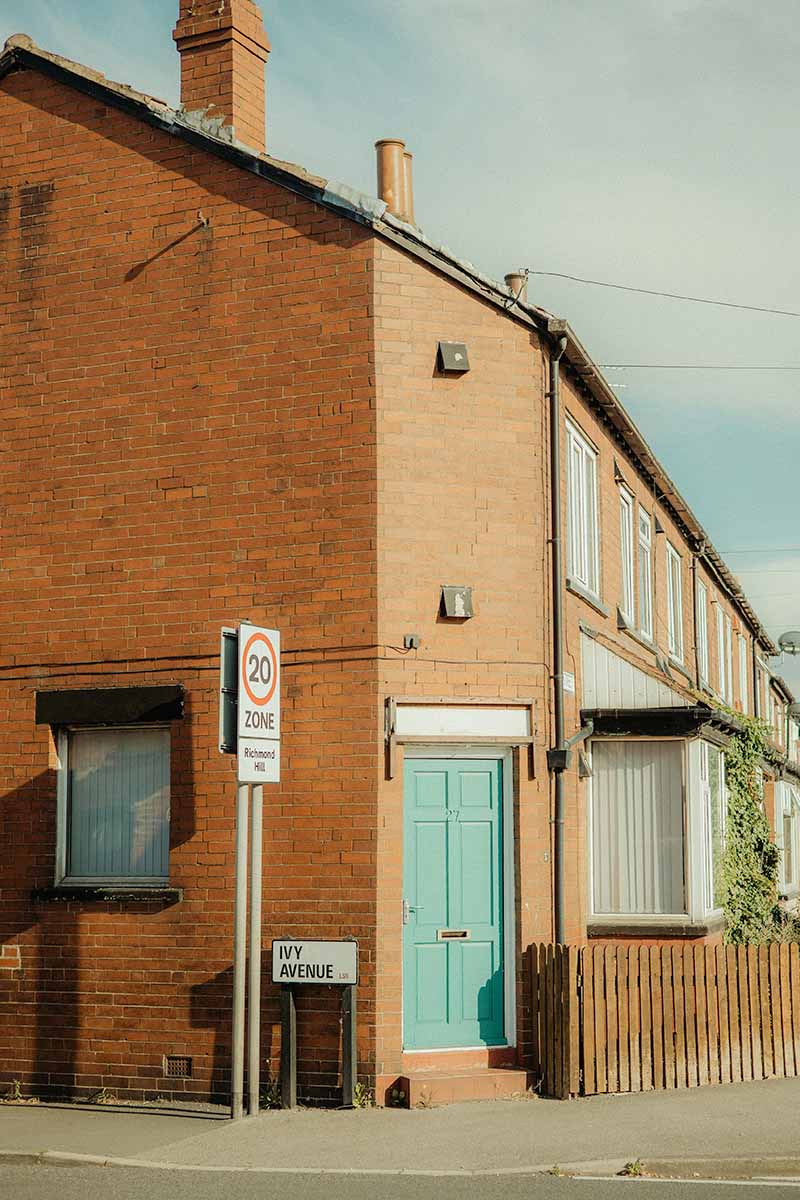
Ownership scenarios at a glance
How ownership type affects the mortgage
Joint tenants
Most couples own their home as joint tenants. If one partner dies, the other automatically inherits the whole property under the “right of survivorship”. The mortgage also transfers to the surviving partner, who becomes fully responsible for payments.
If the survivor cannot afford the mortgage alone, options include remortgaging in their sole name, extending the term, or selling the property.
Tenants in common
If you owned as tenants in common, your partner’s share of the home does not pass automatically to you. Instead, it is distributed according to their will (or the rules of intestacy if there was no will). Whoever inherits their share also inherits the obligation linked to the mortgage.
This can create complications if the new co-owner is not the surviving partner. A solicitor can help navigate options, such as buying out the other party’s share.
Sole ownership
If the mortgage was in your partner’s sole name, you are not automatically liable unless you were a guarantor. Instead, the mortgage debt forms part of their estate. Executors will usually use the estate’s assets or the sale of the property to repay it.
If you wish to stay in the home, you may be able to apply for a new mortgage in your own name, subject to affordability and lender criteria.
Documents and notifications
The first step is to contact the mortgage lender as soon as possible. Most lenders have a bereavement team who will guide you. Expect to provide:
- A certified copy of the death certificate.
- Proof of your identity (passport or driving licence).
- Probate or letters of administration if the mortgage was in the deceased’s sole name.
- A copy of the will if ownership shares need to be clarified.
- A completed bereavement notification form, which some lenders require.
For joint mortgages, a death certificate is often enough for the lender to update records. For sole ownership or tenants in common, probate is usually required before the lender can make changes.
How lenders usually handle bereavement cases
While lenders will expect payments to continue, they usually have specialist teams to help bereaved families. Support can include:
- A short payment holiday or reduced payments during the estate administration process.
- Switching to interest-only payments temporarily.
- Restructuring the mortgage term to make payments more affordable.
However, if the mortgage cannot be sustained, selling the property may be the only option to clear the debt.
The role of life insurance and mortgage protection
Many couples take out life insurance or mortgage protection policies when buying a home. If such a policy exists, it may pay off the mortgage in full or in part when one partner dies.
If there is no cover in place, the surviving partner or estate must rely on income, savings, or property sale. Always check with insurers promptly, as some policies require claims within specific time limits.
Step-by-step: what to do if your partner dies with a mortgage
- Gather documents – death certificate, proof of ID, and the mortgage account details.
- Notify the lender – ask for their bereavement team and clarify immediate payment expectations.
- Check insurance policies – see if life cover, critical illness cover, or mortgage protection applies.
- Clarify ownership structure – joint tenants, tenants in common, or sole ownership will determine next steps.
- Seek legal advice if needed – particularly if probate or inheritance disputes are involved.
- Plan affordability – consider remortgaging, downsizing, or selling to meet future obligations.
Save time and hassle by selling your home with us
Get a guaranteed cash offer on any property in England and Wales. All you need to do to get started is enter your address below.
Example scenario
Sarah and David owned their Manchester home as joint tenants with a £180,000 mortgage. When David passed away, Sarah inherited the property automatically but became solely responsible for the monthly £950 repayments. She notified the lender with David’s death certificate and was given a three-month payment holiday. Unfortunately, without David’s income, Sarah could not sustain the mortgage long-term. With advice, she decided to sell the property and downsize, clearing the mortgage and freeing up equity.
FAQ: mortgage after a partner dies
Does the mortgage end automatically when one partner dies?
No. The surviving partner or the deceased’s estate must ensure repayments continue.
What if I can’t afford the repayments alone?
Speak to the lender early. They may restructure the mortgage, but if affordability remains an issue, selling may be necessary.
Do I need probate to deal with the mortgage?
Only if the mortgage was in your partner’s sole name or if ownership was tenants in common. For joint tenancy, a death certificate is usually enough.
Will I lose the house if my partner dies?
Not necessarily. If you can maintain the mortgage, you can usually stay in the property. If not, options include remortgaging, selling, or checking for insurance cover.
Does life insurance always cover the mortgage?
Not always. Policies vary, so it’s important to check the terms. Some pay the mortgage in full, others only a lump sum.
Recap: what happens to the mortgage if my partner dies?
- The mortgage responsibility does not vanish when a partner dies.
- Ownership type (joint tenants, tenants in common, or sole) determines who inherits responsibility.
- Lenders expect payments to continue but may offer short-term support.
- Life insurance can clear the debt, but without it, repayment depends on income, savings, or sale.
- Notification and documentation (death certificate, ID, probate if needed) are essential to move forward.
Thinking about selling after bereavement?
If keeping the mortgage feels overwhelming, Habello can help you move on with certainty.
- Fair market valuation.
- Initial offer by phone, with a final cash offer in 48–72 hours.
- Flexible sale timeline to suit your needs.
- No legal fees if you use our partner solicitor.
- A guaranteed sale without chains or delays.
Property owners are choosing Habello for a faster, easier and less stressful way to sell
Sell your home quickly for cash by accepting an offer just below market value. See how we compare to your other options by using the calculator below.
Related guides
Bring yourself up to speed with our property guides.





